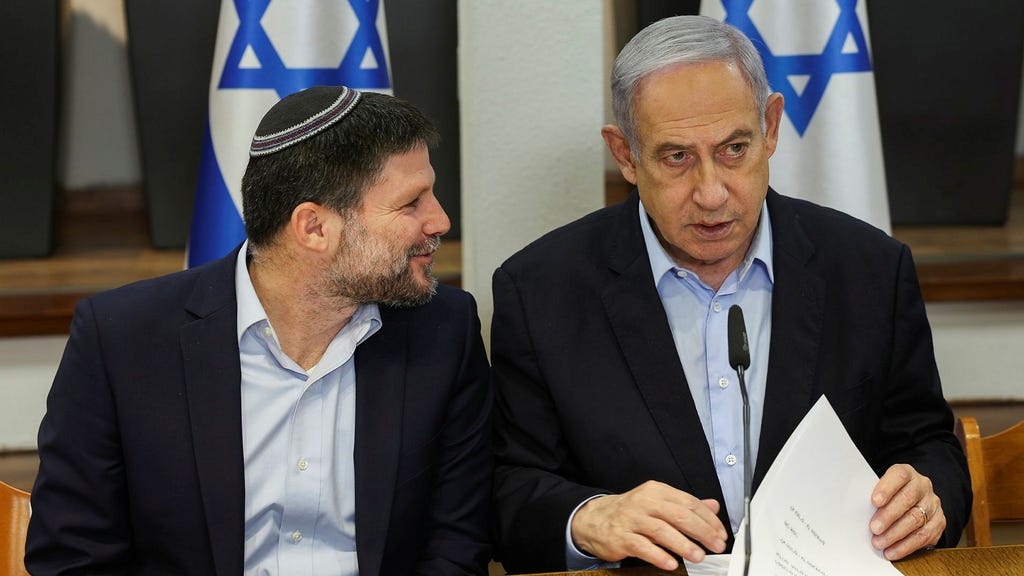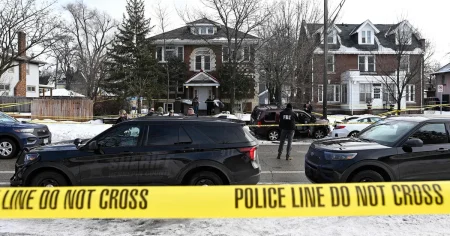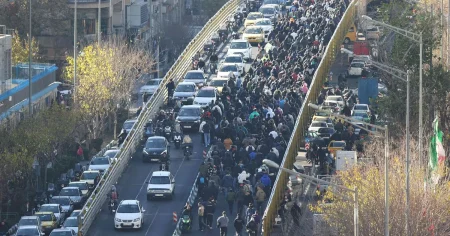The fragile ceasefire between Israel and Hamas, brokered after 11 days of intense conflict in May 2021, has been met with significant internal dissent within the Israeli government, particularly from its far-right factions. This dissent centers on the perception that the ceasefire represents a concession to Hamas and a failure to decisively address the perceived threat posed by the militant group. Leading figures in this opposition are Itamar Ben-Gvir, then a prominent member of the Knesset and later to become National Security Minister, and Bezalel Smotrich, the Finance Minister. Ben-Gvir publicly denounced the ceasefire, arguing that it emboldened Hamas and undermined Israel’s deterrence. Smotrich took an even more hardline stance, threatening to destabilize the governing coalition unless hostilities resumed with the ultimate objective of Israel seizing control of the Gaza Strip. These positions reflect a broader ideological divide within Israeli politics regarding the Palestinian conflict, with the far-right advocating for more aggressive and expansionist policies.
The far-right’s discontent stems from a deep-seated belief that Hamas, which they view as a terrorist organization, must be completely dismantled. The ceasefire, in their view, not only allows Hamas to regroup and rearm, but also legitimizes its existence as a political entity. This perspective rejects the notion of any negotiation or compromise with Hamas, advocating instead for a full-scale military operation to eradicate the group’s presence in Gaza. They argue that only through decisive military action can Israel achieve long-term security and prevent future rocket attacks. This stance resonates with a segment of the Israeli population that feels increasingly vulnerable to rocket fire from Gaza and desires a more forceful response to the perceived threat. The far-right skillfully taps into these anxieties, presenting themselves as the only political force willing to take the necessary steps to protect Israel’s security.
Ben-Gvir’s and Smotrich’s actions represent a significant challenge to the delicate balance of power within the Israeli government. While their immediate objective was to pressure the government to abandon the ceasefire and resume military operations, their actions also carried broader political implications. By publicly challenging the government’s decision, they sought to undermine the authority of then-Prime Minister Naftali Bennett and position themselves as the true defenders of Israel’s security interests. This power play is reflective of a broader trend within Israeli politics, where the far-right has steadily gained influence, capitalizing on public anxieties about security and national identity. Their willingness to openly challenge the government’s authority underscores their growing political clout and their determination to shape the direction of Israeli policy.
The far-right’s position on the Gaza conflict is deeply rooted in a specific ideological framework that views the territory as an integral part of the biblical Land of Israel. From this perspective, any concessions to Hamas, including a ceasefire, are seen as a betrayal of the historical and religious imperative to reclaim and control the entire land. This ideology is often intertwined with a strong sense of Jewish nationalism and a belief that Israel has a divine right to the land. This worldview informs their rejection of the two-state solution and their advocacy for the annexation of the West Bank and, in some cases, even the Gaza Strip. This perspective, while not universally held within Israeli society, has gained traction in recent years, particularly among the more religiously and nationalistically inclined segments of the population.
The internal political dynamics within Israel are further complicated by the complex relationship between the various political factions. The government, often composed of a fragile coalition of diverse parties, is constantly navigating competing interests and ideologies. The far-right parties, while holding a minority of seats in the Knesset, exert significant influence due to their ability to leverage their position within the coalition to advance their agenda. This often involves threatening to withdraw their support from the government, effectively holding the coalition hostage to their demands. This dynamic creates a precarious political environment, where even small factions can wield considerable power, potentially leading to instability and policy paralysis.
The ceasefire between Israel and Hamas represents a complex and multifaceted issue with far-reaching implications. The far-right’s opposition to the ceasefire highlights the deep ideological divisions within Israeli society and the challenges facing the government in navigating these competing perspectives. While the ceasefire brought a temporary halt to the violence, the underlying issues fueling the conflict remain unresolved. The far-right’s continued agitation and their unwavering commitment to a more aggressive approach towards Hamas suggest that the potential for future conflict remains high. Their growing political influence raises serious questions about the future direction of Israeli policy and the prospects for a lasting peace in the region.














